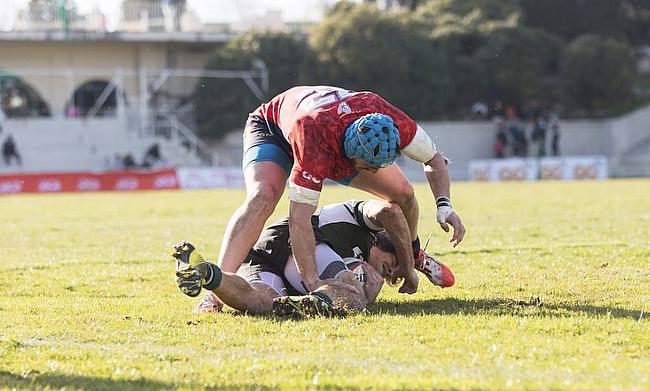Finding a Way Through Every Obstacle
Rugby is the ultimate team game. Each rugby side relies on 15 players combining their strengths to secure victory.
They each tap into their dreams to achieve it. Three inspiring figures in the sport capture these traits: Karen Almond, Deborah Griffin, and Nigel Owens. Slotsgem unites people with shared passion and excitement. It shows that teamwork and strategy are important, both on the pitch and in gaming.
Keeping the Dream Alive
Karen Almond is England’s first rugby player to lift a 15s World Cup trophy. She loved the game after someone introduced her to it at Loughborough University. She wanted to play as much as she could after college. This was difficult, especially in the 1980s. Some traditionalists resented women playing the game.
“But rugby was everything to us. We wanted to keep playing. We aimed to push forward as far as possible, even without knowing where the journey would lead. We had no idea that eventually there would be an England team, a Great Britain team, or even a World Cup.”
The First Women’s World Cup
Deborah Griffin is another who wasn't going to wait around for rugby dreams to come to her. In 1978, she played in what she calls "the first women's rugby match of the modern era."
At University College London, she helped create a network of women's rugby teams at other schools.
“If I were using my time or energy to get more games, that was good for me,” says Griffin. “I never had a grand plan; it was about, ‘What's the next thing to do?’”
After a tour to New Zealand with her club, Richmond, Griffin wanted to grow the women’s game. So, she helped stage the first-ever women’s Rugby World Cup in 1991 with three clubmates.
Griffin thought, “If the men could hold their first Rugby World Cup in 1987, why shouldn’t we unite the women’s game too?” She brought the vision to life alongside her Richmond teammates—Mary Forsyth, Sue Dorrington, and Alice Cooper. Plus, many volunteers helped us. There were a lot of very competent women who, when asked to do something, got on and did it.”
Taking Charge of the Game
For former referee Nigel Owens, his on-field dreams changed around the age of 16.
“That’s when the dream of becoming a referee began,” Owens explains. “I started refereeing at 16, enjoyed it, and then wanted to move up a grade. I suppose when I realized that I had the potential to reach the next level, that then became a dream."
“I worked hard. I learned from my mistakes. He paid close attention to the guidance of his mentor, Derek Bevan. I went out there and enjoyed it, and if I were good enough, I’d get picked.”
Looking Back – What it Means
Nigel Owens' dream came true in 2015. He was the second Welshman to referee a Rugby World Cup Final, following his idol Bevan, who had done it in 1991. For him, the pride it brought to his dad and his hometown of Mynyddcerrig was what was most important.
It was Deborah Griffin who played a key role in launching the inaugural Women’s World Cup in 1991. She was too tired to celebrate her success back then. Years later, the tournament received official recognition. When she joined the World Rugby Hall of Fame, she realized its true impact. This August, she will also become the first female RFU president.
This year, England will welcome the largest Women’s Rugby World Cup the sport has ever seen. The Red Roses are favorites to win. For Karen Almond, the ultimate dream is to witness the Red Roses triumph at Twickenham. She imagines being among 80,000 cheering fans.


